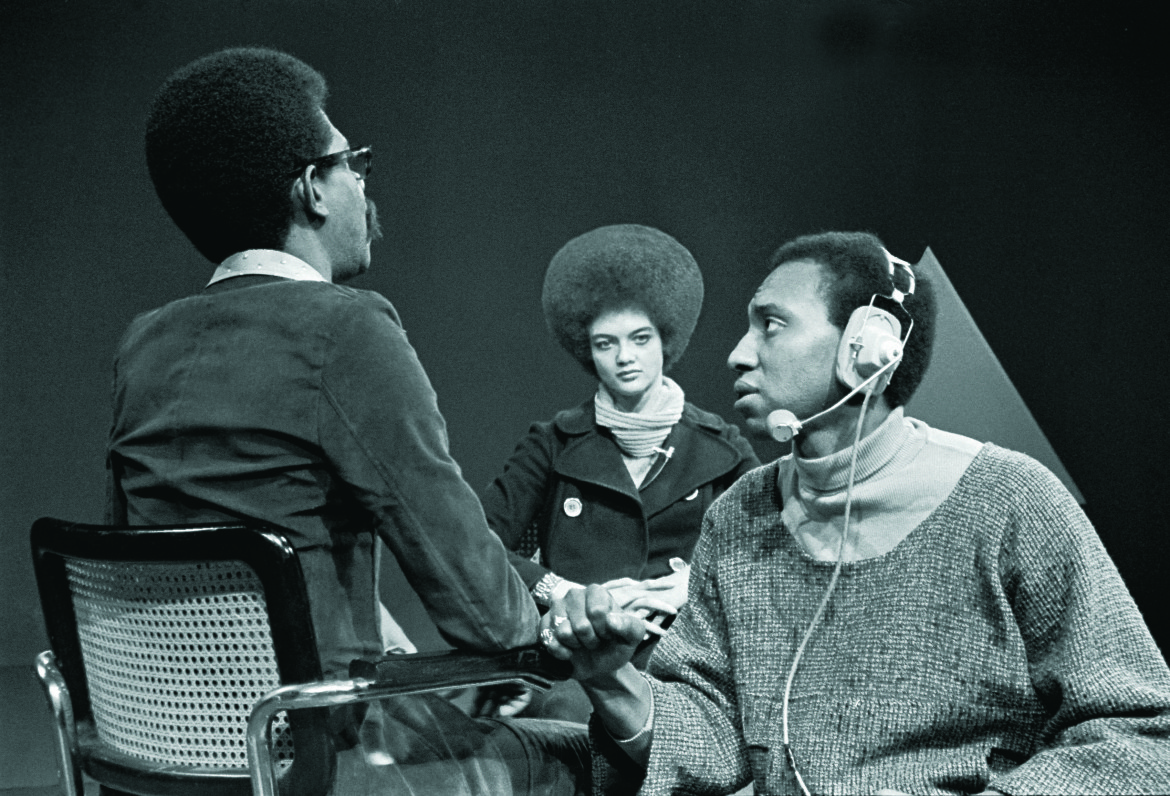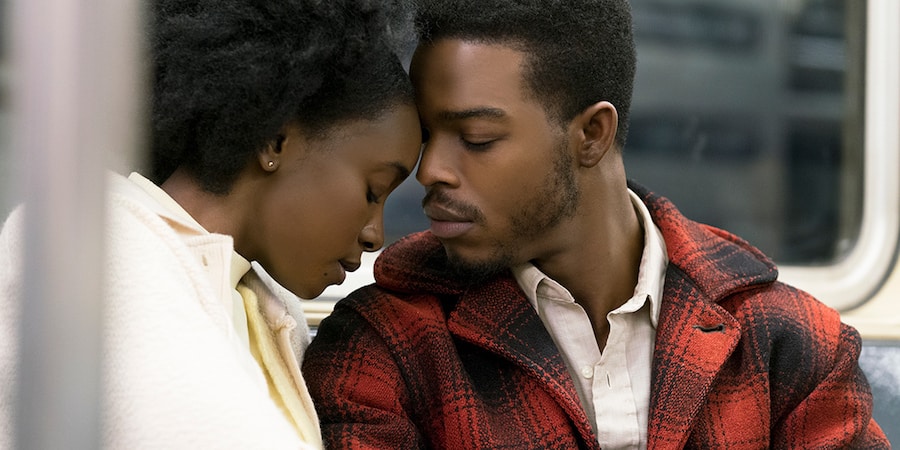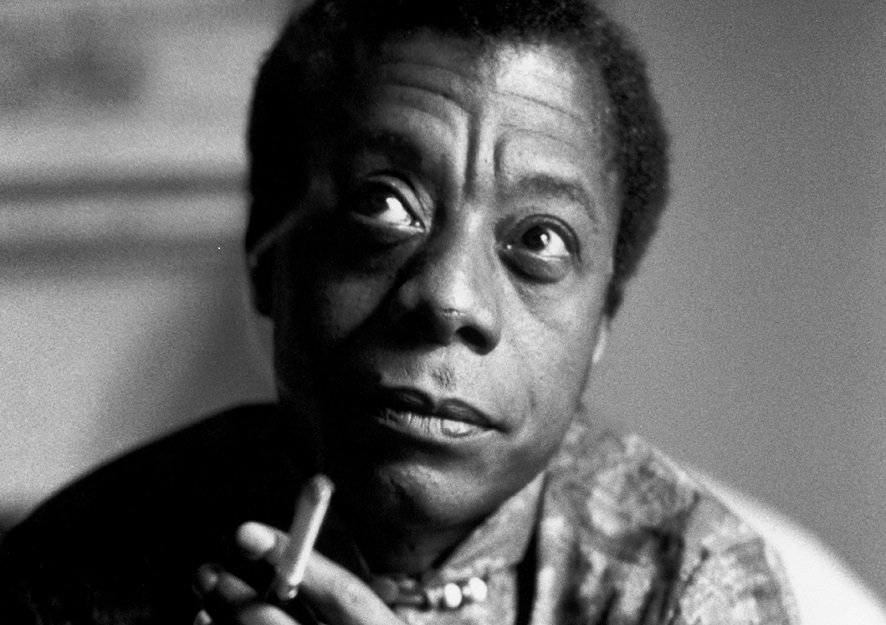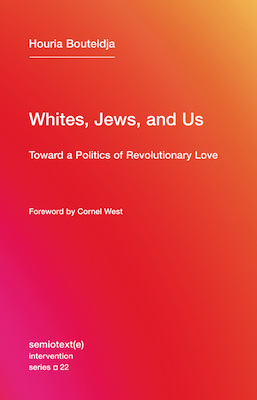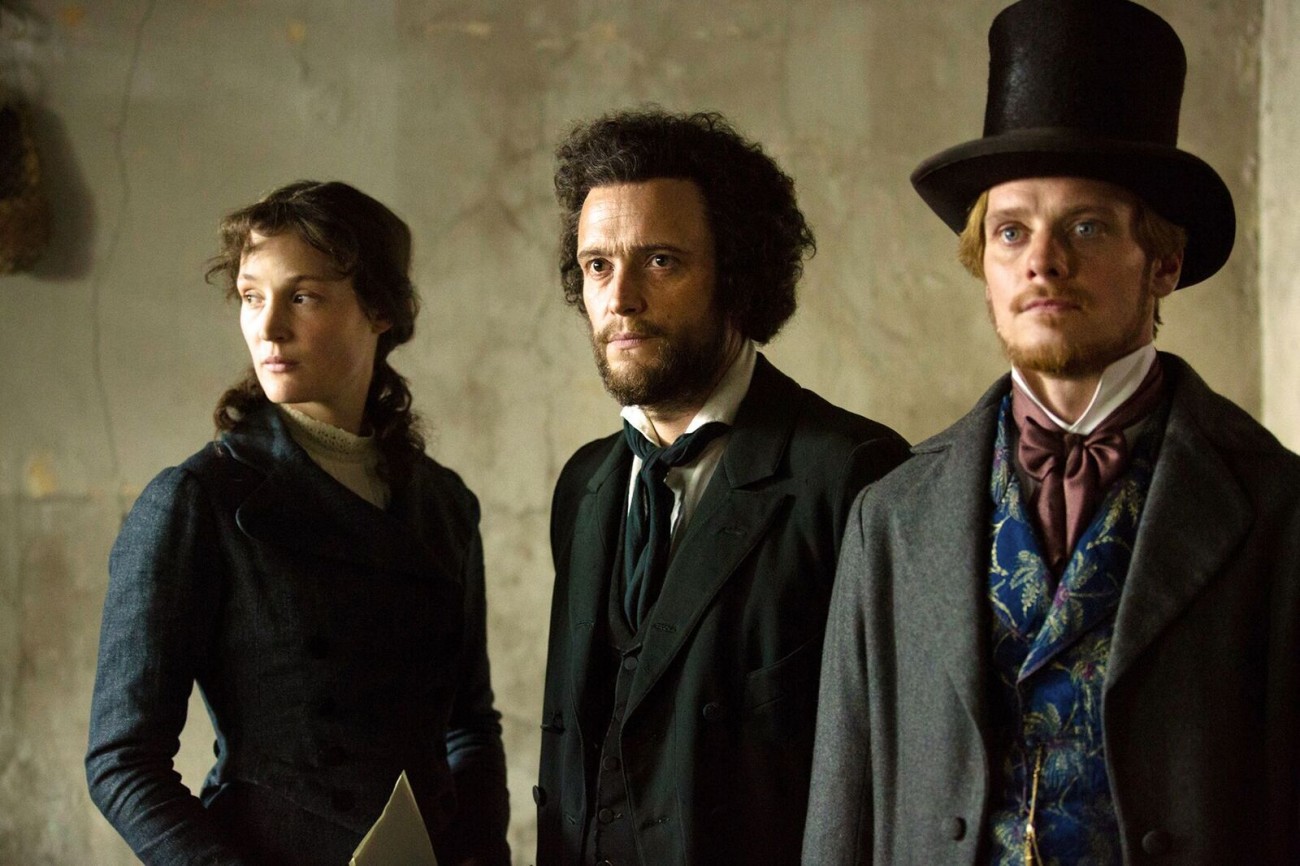Ellis Haizlip—black, gay, and deeply invested in the African-American liberation and equality movements of the 1960s and ’70s—was the producer and host of the short-lived but seminal public television show Soul!, which aired from 1968 to 1973. Sui generis in its approach and impact, Haizlip’s Soul! gave black voices an unprecedented platform at a crucial time.
Directors Melissa Haizlip and Sam Pollard have brought the life and work of this catalyst to a new generation with the documentary MR. SOUL!, screening this week at the LA Film Festival in its local premiere.
Included in the film are rare interviews and performances by James Baldwin, Nikki Giovanni, Harry Belafonte, Al Green, Sidney Poitier, Ruby Dee, Odetta, Stokely Carmichael, Merry Clayton, Betty Shabazz, George Faison, Toni Morrison, Patti LaBelle, The Last Poets, and many more.
Wednesday, September 26, at 7:30 pm.
Writers Guild Theater, 135 South Doheny Drive, Beverly Hills.
Above: Ellis Haizlip interviews Melvin Van Peebles in 1971. Soul! director Stan Lathan looks over a camera operator’s head.
Below: Haizlip, Kathleen Cleaver of the Black Panthers, and a Soul! sound engineer.
Photographs © Chester Higgins Jr.

